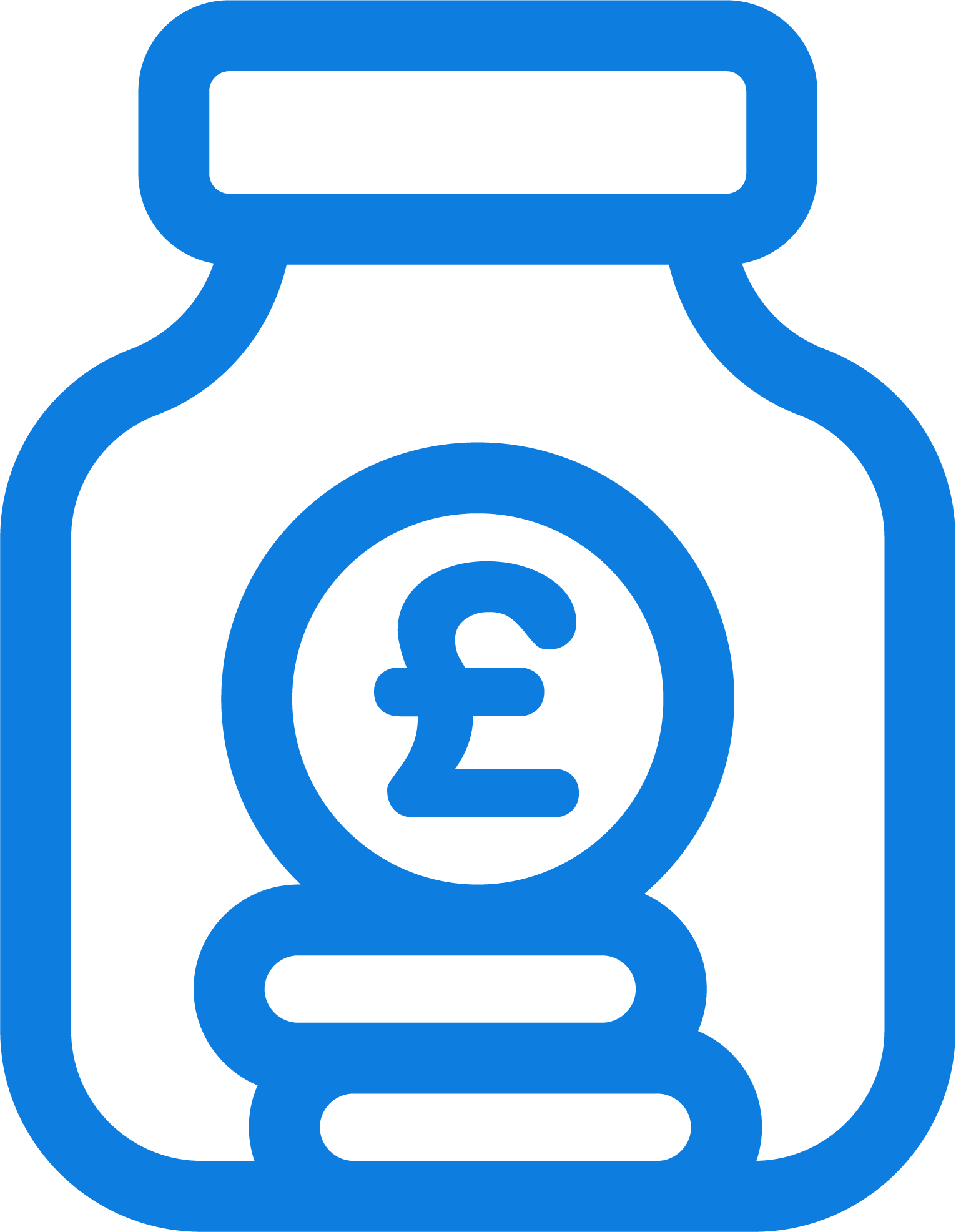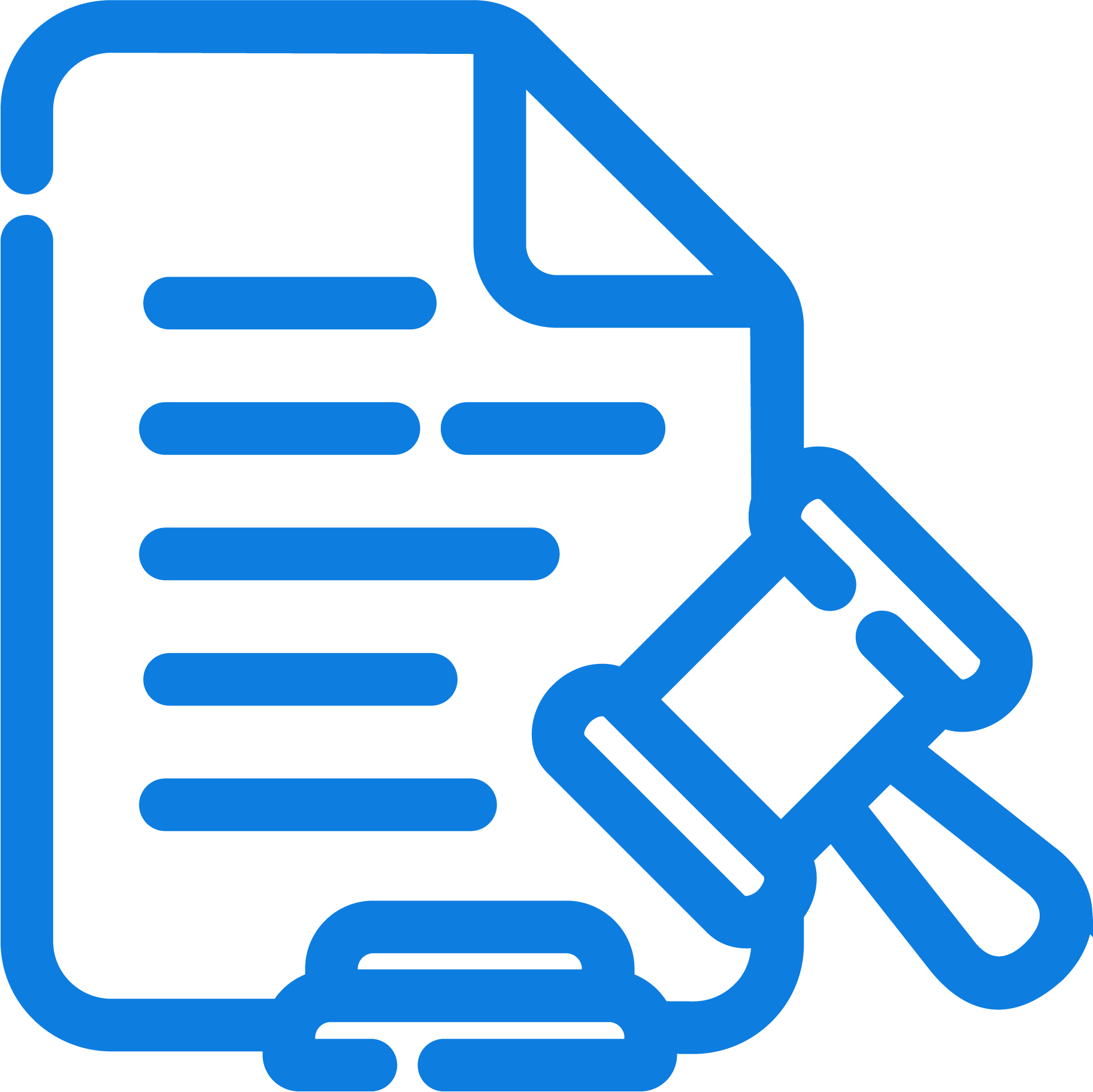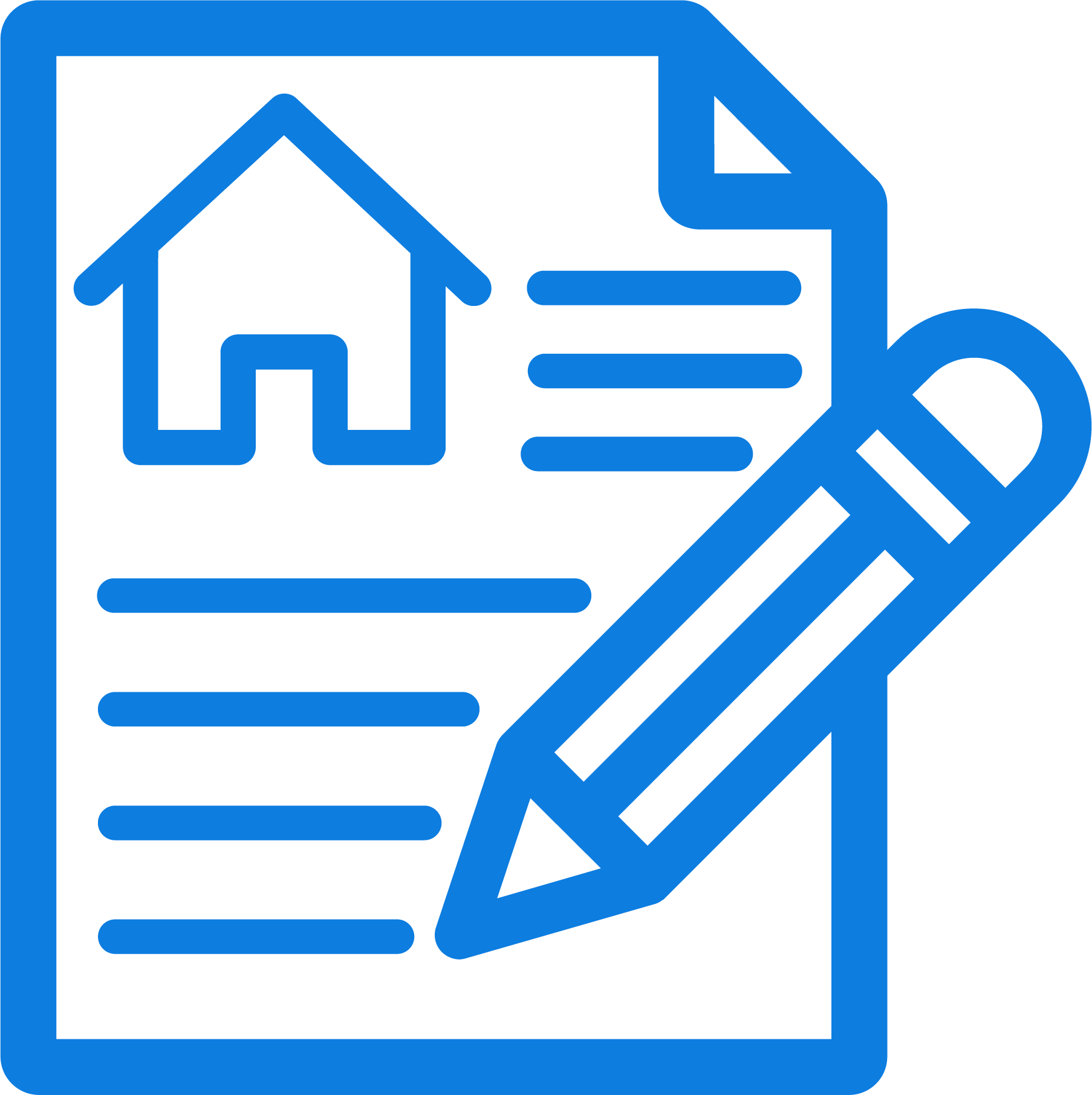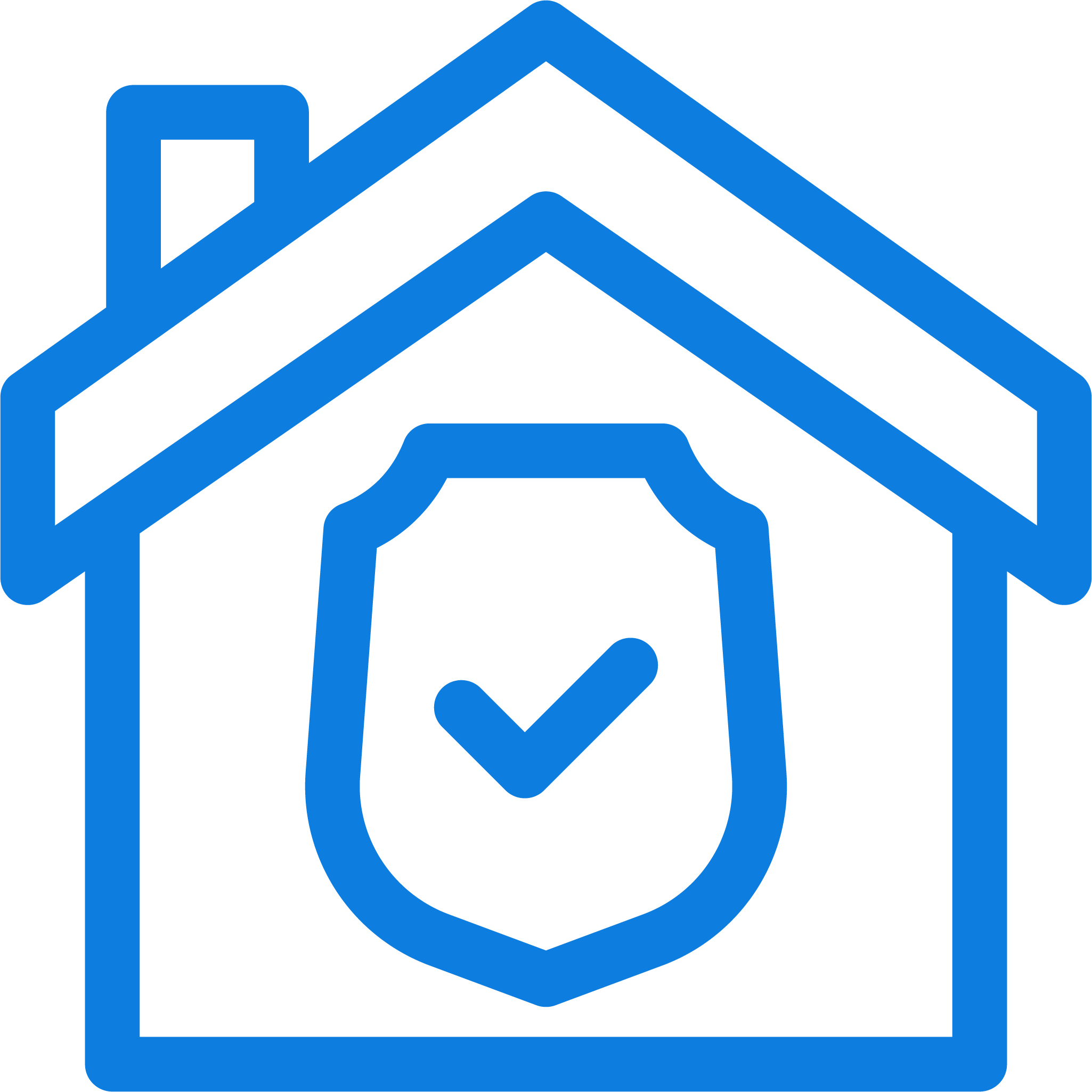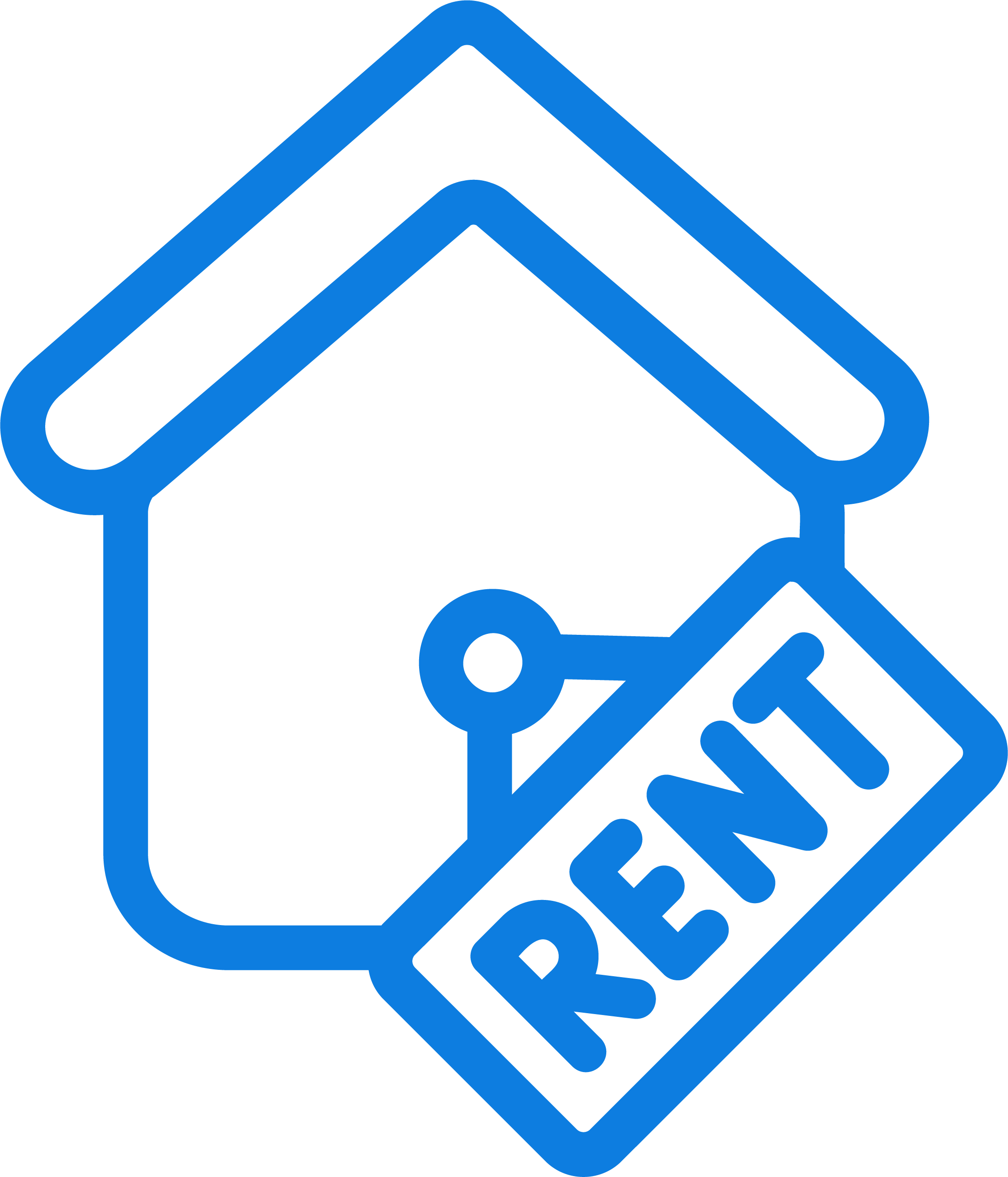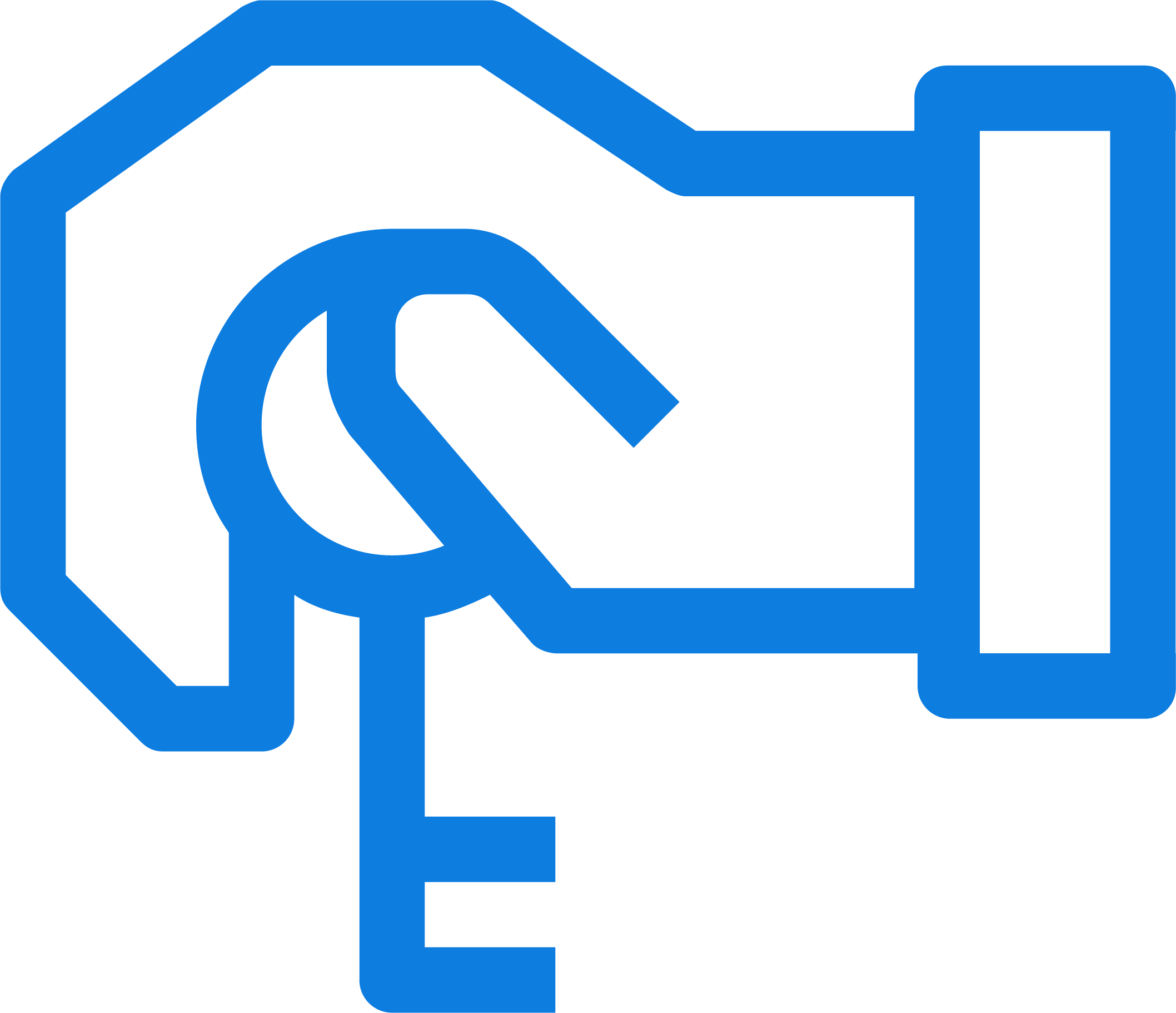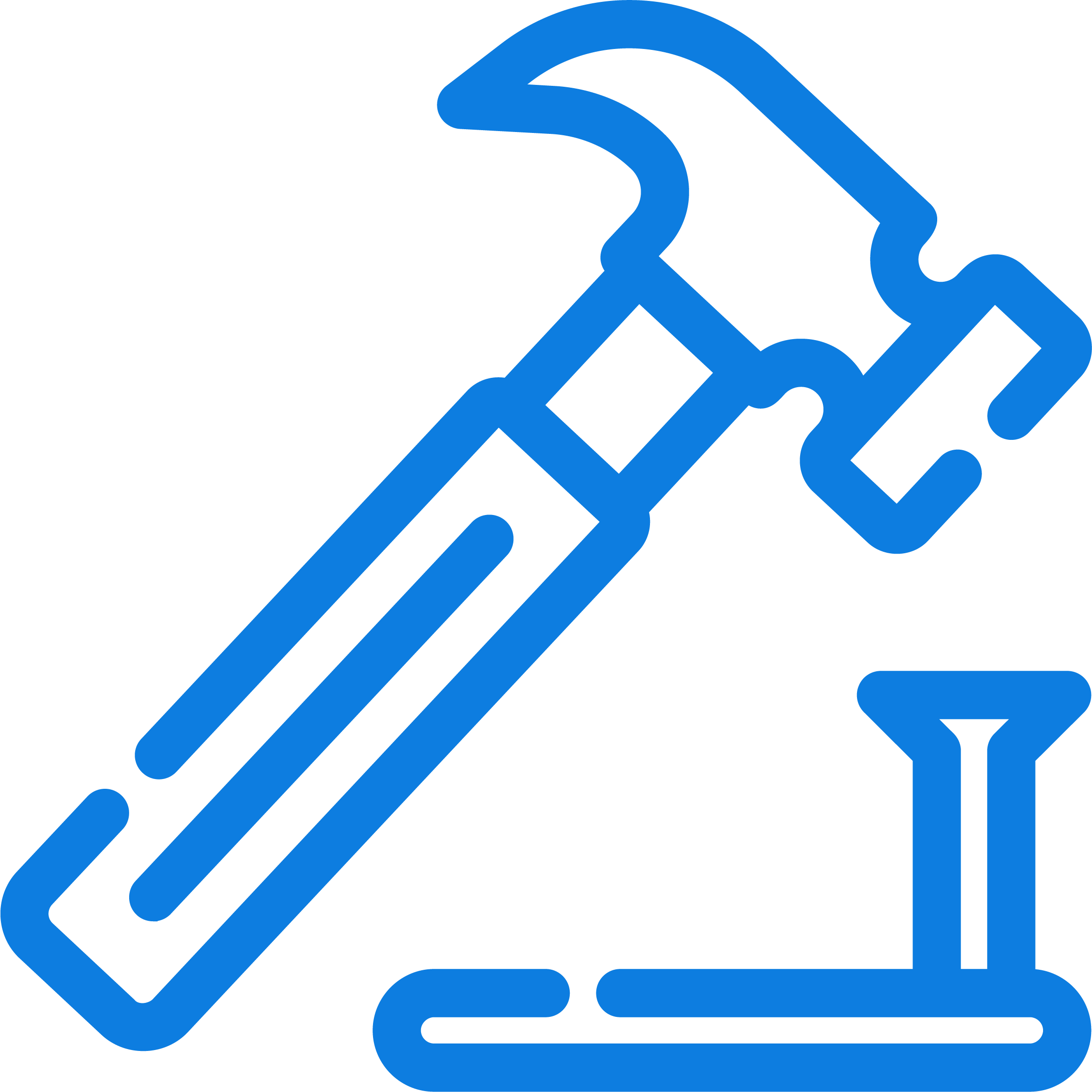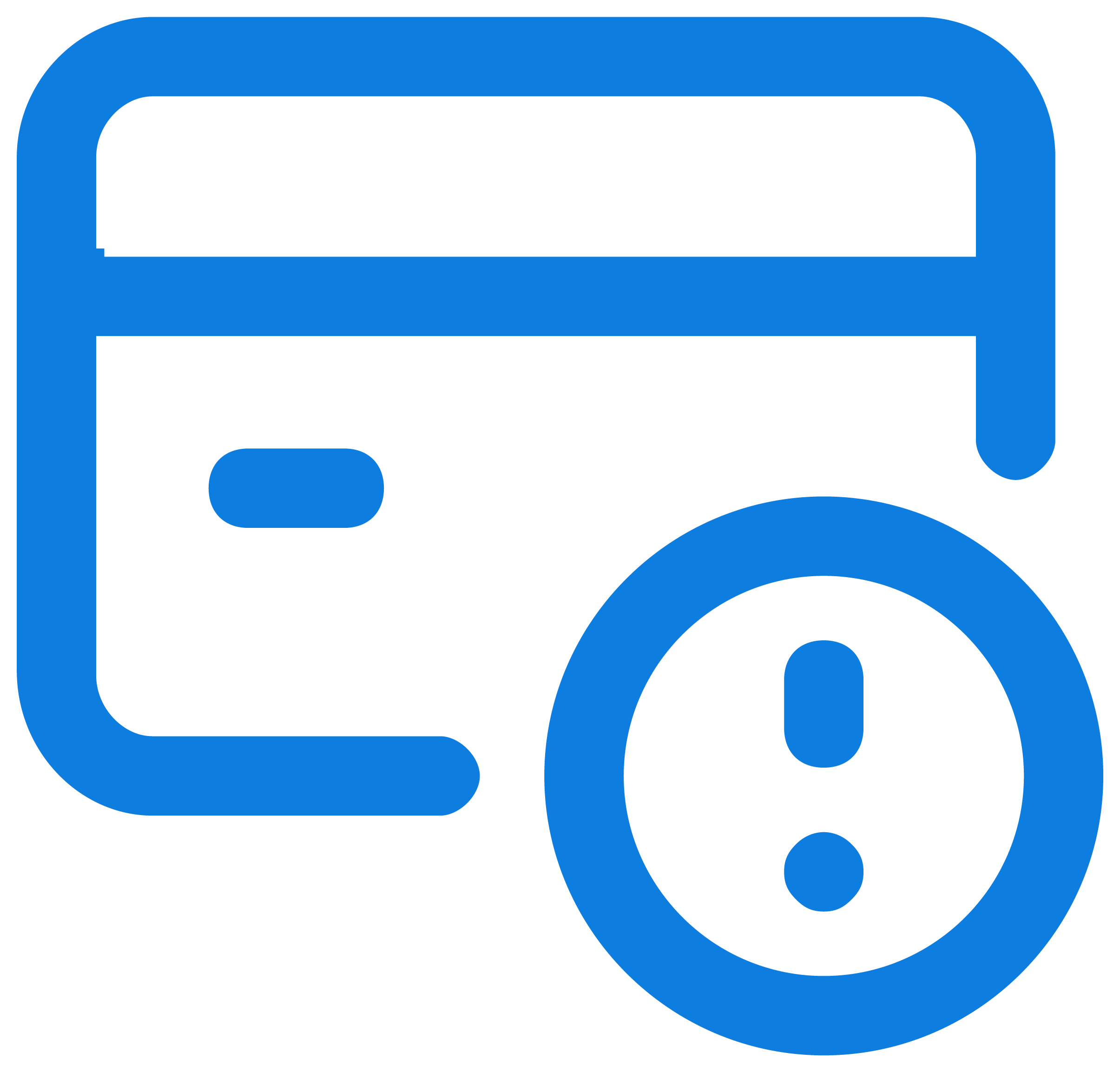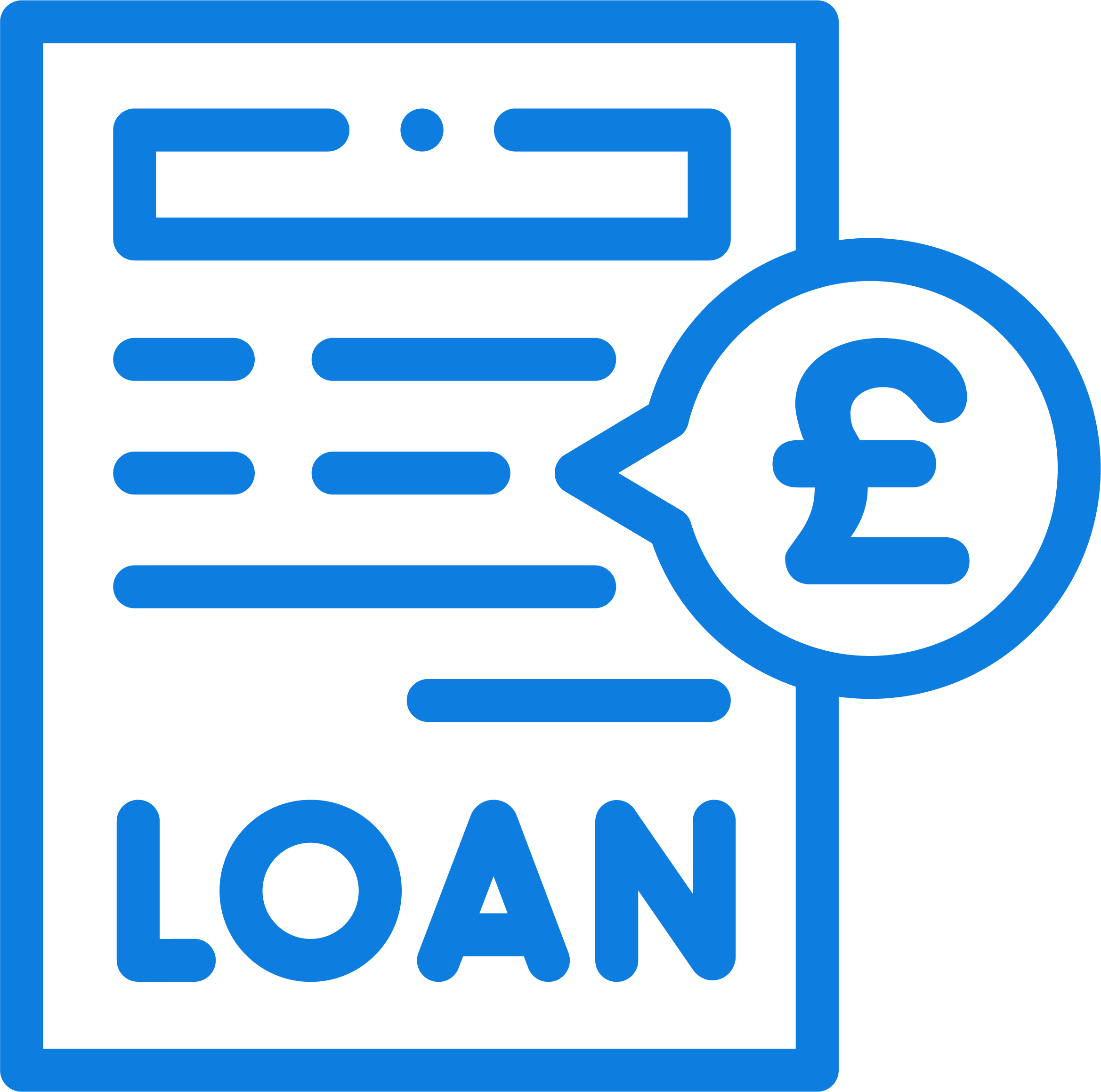mortgages for
SELF EMPLOYED
APPLICANTS

tell me about
Mortgages FOR THE
SELF-EMPLOYED
Are you self-employed and dreaming of owning your own home?
While securing a mortgage as an entrepreneur might seem daunting, it is entirely possible with the right guidance and preparation. Self-employed mortgages are specifically designed to cater to individuals who earn their income through self-employment, freelancing, or business ownership. Here, we’ll walk you through the process, requirements, and benefits of obtaining a self-employed mortgage.
Unlike traditional mortgages, self-employed mortgages require additional documentation to verify your income stability and financial health. Lenders seek assurance that you can consistently meet your mortgage payments, just as they would with a salaried employee.
key features of
MORTGAGES FOR SELF EMPLOYED
Income Verification
For self-employed borrowers, lenders need to verify income differently:
- Tax Returns: Most lenders will require at least two years’ worth of personal and business tax returns. This helps them assess your income stability and overall financial health.
- Profit and Loss Statements: You might need to provide recent profit and loss statements or financial accounts, usually prepared by a qualified accountant.
- Bank Statements: Lenders may also review bank statements to confirm cash flow and business income.
- Self-Assessment Tax Returns: In the UK, for example, self-employed borrowers might need to provide their Self-Assessment tax returns as proof of income.
Assessing Income
- Gross vs. Net Income: Lenders typically look at your net income (after expenses) rather than gross income. They may also adjust for any non-recurring expenses or income to get a clearer picture of your financial situation.
- Average Income: For self-employed individuals with fluctuating income, lenders might use an average of your income over the last two or three years to get a more stable view.
Mortgage Application Process
- Documentation: Be prepared to provide comprehensive documentation, including tax returns, bank statements, business accounts, and possibly letters from your accountant.
- Credit Score: Your credit score remains an important factor in the application process. Lenders will assess your credit history and current financial obligations to determine your eligibility.
- Deposit: Just like with standard mortgages, you’ll need to provide a deposit, usually a percentage of the property’s value. A higher deposit can improve your chances of approval and might secure a better interest rate.
Lender Considerations
- Financial Stability: Lenders will evaluate the stability of your business. A well-established business with a track record of consistent income is generally viewed more favorably.
- Business Structure: The type of business structure (sole trader, partnership, limited company) can affect how income is assessed and reported. Different structures may have different implications for mortgage approval.
- Future Projections: Some lenders might consider future income projections, especially if your business is growing and shows positive trends.
Mortgage Options
- Fixed-Rate Mortgages: Your interest rate remains the same throughout the mortgage term, providing predictable payments.
- Variable-Rate Mortgages: Interest rates may fluctuate based on market conditions, which can affect your monthly payments.
- Self-Employed Specific Products: Some lenders offer mortgage products specifically tailored for self-employed individuals, which might have different criteria or flexibility.
Challenges and Solutions
- Irregular Income: Fluctuating income can make it harder to demonstrate affordability. Consider saving a larger deposit or showing a history of managing fluctuating income responsibly.
- Documentation Issues: Ensure all documents are up-to-date and accurately reflect your financial situation. Working with a qualified accountant can help in preparing and presenting financial statements.
- Higher Rates: Some self-employed borrowers might face slightly higher interest rates due to perceived risks. Shopping around and comparing offers can help find the best rate.
Working with Professionals
- Mortgage Broker: A mortgage broker who specializes in self-employed mortgages can help you navigate the process, find suitable lenders, and get the best deal based on your specific situation.
- Accountant: An accountant can assist with preparing financial documents, tax returns, and providing advice on how to present your financial situation to lenders.
Self-employed mortgages require more detailed financial documentation and might involve different criteria compared to traditional employed mortgages. However, with proper preparation and professional advice, securing a mortgage as a self-employed individual is entirely feasible.
MAKE AN ENQUIRY

“RH Financial Services were brilliant from start to finish! They made the whole process so stress free as getting a mortgage being self employed wasn’t easy until dealing with Rox! I have used them for many years now for renewal and always get the very best service! Can’t recommend enough – thank you for all your help!”
Victoria Maw – Google Review | March 2025

